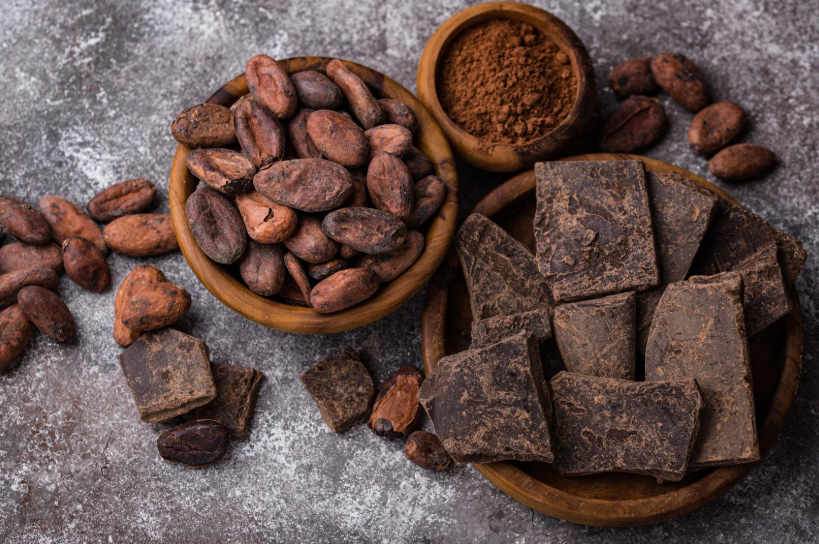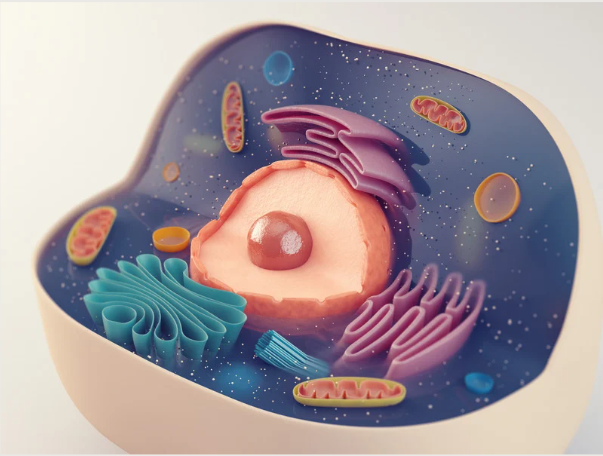Energy is the driving force behind every activity our body undertakes. Whether it’s moving, thinking, or even resting, energy is constantly required. While many people turn to caffeine or energy drinks to boost their stamina, the key to sustained, healthy energy lies in the foods we eat, the vitamins we consume, and the compounds we incorporate into our diet. Energy maximization involves understanding how the right combination of nutrients and foods can optimize our physical and mental performance. Here’s how we can leverage compounds, vitamins, and food to fuel our bodies for maximum energy.
- The Role of Food in Energy Maximization
The food we consume is our primary source of energy. It provides the essential macronutrients—carbohydrates, proteins, and fats—that our body needs to function optimally. The right balance of these macronutrients ensures that our energy levels remain consistent throughout the day.
- Carbohydrates: Carbs are the body’s main source of energy, especially for high-intensity activities. They are broken down into glucose, which is then used for energy. Whole grains like oats, brown rice, and quinoa provide slow-releasing carbohydrates, which help sustain energy levels over time.
- Proteins: Proteins are crucial for muscle repair and regeneration. They don’t directly provide energy in the same way carbohydrates do, but they are necessary for recovery after exercise, ensuring that you don’t experience energy dips caused by muscle breakdown. Sources of lean protein include chicken, turkey, tofu, legumes, and fish.
- Fats: Healthy fats, such as those found in avocado, nuts, seeds, and olive oil, are excellent sources of long-lasting energy. These fats are slowly digested and provide a steady source of fuel, which helps to prevent energy crashes.
- 2. The Importance of Micronutrients: Vitamins and Minerals
While macronutrients are essential for energy production, vitamins and minerals play a vital role in optimizing energy processes within the body. They help convert food into usable energy and ensure that the metabolic pathways involved in energy production work efficiently.
- B-Vitamins: The B-vitamin group, particularly B1 (thiamine), B2 (riboflavin), B3 (niacin), B6 (pyridoxine), B12, and folate, are crucial for converting carbohydrates into glucose, which the body uses as energy. They also help with red blood cell production, ensuring that oxygen is efficiently delivered to tissues and muscles during physical activity. Foods like eggs, whole grains, leafy greens, and meats are excellent sources of B-vitamins.
- Vitamin C: Vitamin C plays an indirect yet essential role in energy production. It is a powerful antioxidant that helps protect the body from oxidative stress, especially during intense physical exertion. Moreover, it aids in the absorption of iron, a mineral that is critical for oxygen transport in the blood. Citrus fruits, strawberries, and bell peppers are rich in Vitamin C.
- Magnesium: This mineral is vital for muscle function and energy production. Magnesium helps convert food into energy by activating ATP (adenosine triphosphate), the molecule that powers cells. It also supports proper muscle function and can prevent cramps and fatigue. Leafy greens, nuts, seeds, and legumes are great sources of magnesium.
- Iron: Iron is essential for oxygen transport in the blood. Without enough iron, the body’s ability to deliver oxygen to muscles and tissues during physical activity is impaired, leading to fatigue and reduced energy levels. Lean meats, beans, spinach, and fortified cereals are good sources of iron.
- Compounds That Enhance Energy Production
In addition to vitamins and minerals, there are certain compounds found in foods that can further optimize energy levels.
- Coenzyme Q10 (CoQ10): CoQ10 is a compound found naturally in the body and is involved in energy production within cells, particularly in the mitochondria, the powerhouse of the cell. Supplementing with CoQ10 may improve energy levels and reduce fatigue. It’s commonly found in fatty fish, organ meats, and whole grains.
- Creatine: A naturally occurring compound in muscle cells, creatine helps produce ATP during high-intensity exercise. It’s often used by athletes to enhance performance and reduce fatigue during short bursts of exertion. Foods like red meat and fish contain small amounts of creatine, and it is often supplemented in the form of powder for those looking to boost their performance.
- L-Carnitine: This amino acid helps transport fatty acids into the mitochondria for energy production. It has been studied for its ability to enhance endurance and promote fat metabolism during exercise. Sources of L-carnitine include red meat and dairy products, and it is also available as a supplement.
- Foods for Sustained Energy and Performance
To maximize energy levels throughout the day, focusing on a diet that provides sustained, balanced energy is key. Incorporating a variety of nutrient-dense foods into your meals ensures that you are getting the energy you need without the crashes associated with processed snacks or sugary drinks.
- Complex Carbohydrates: Foods like oats, sweet potatoes, and whole grains provide a slow release of glucose, ensuring sustained energy without rapid spikes and crashes.
- Healthy Fats: Incorporate avocado, nuts, seeds, and olive oil into your meals for slow-digesting fats that provide consistent energy.
- Hydration: Dehydration can lead to fatigue and decreased performance. Drinking plenty of water throughout the day is crucial for maintaining energy levels. Additionally, water-rich fruits and vegetables like cucumbers, watermelon, and oranges can help keep you hydrated.
- Power-Packed Snacks: For an energy boost between meals, consider snacks like trail mix with nuts and seeds, Greek yogurt with fruit, or smoothies made with leafy greens, fruits, and protein powder.
- A Holistic Approach: Sleep, Exercise, and Stress Management
While diet plays a central role in energy maximization, other lifestyle factors are equally important. Adequate sleep, regular exercise, and effective stress management can all impact your energy levels. Ensuring a healthy sleep routine, incorporating regular physical activity, and finding ways to manage stress can complement your nutrition efforts and result in higher overall energy levels.
Conclusion
Maximizing energy with the right compounds, vitamins, and foods is not a quick fix but a long-term strategy. By focusing on nutrient-rich, whole foods, incorporating essential vitamins and minerals, and choosing compounds that support your body’s energy production, you can achieve sustained vitality throughout your day. Coupled with proper hydration, adequate sleep, and regular exercise, energy maximization can become a natural part of your lifestyle, leading to improved physical and mental performance. Your body is a complex machine—fuel it well, and it will function at its best.






